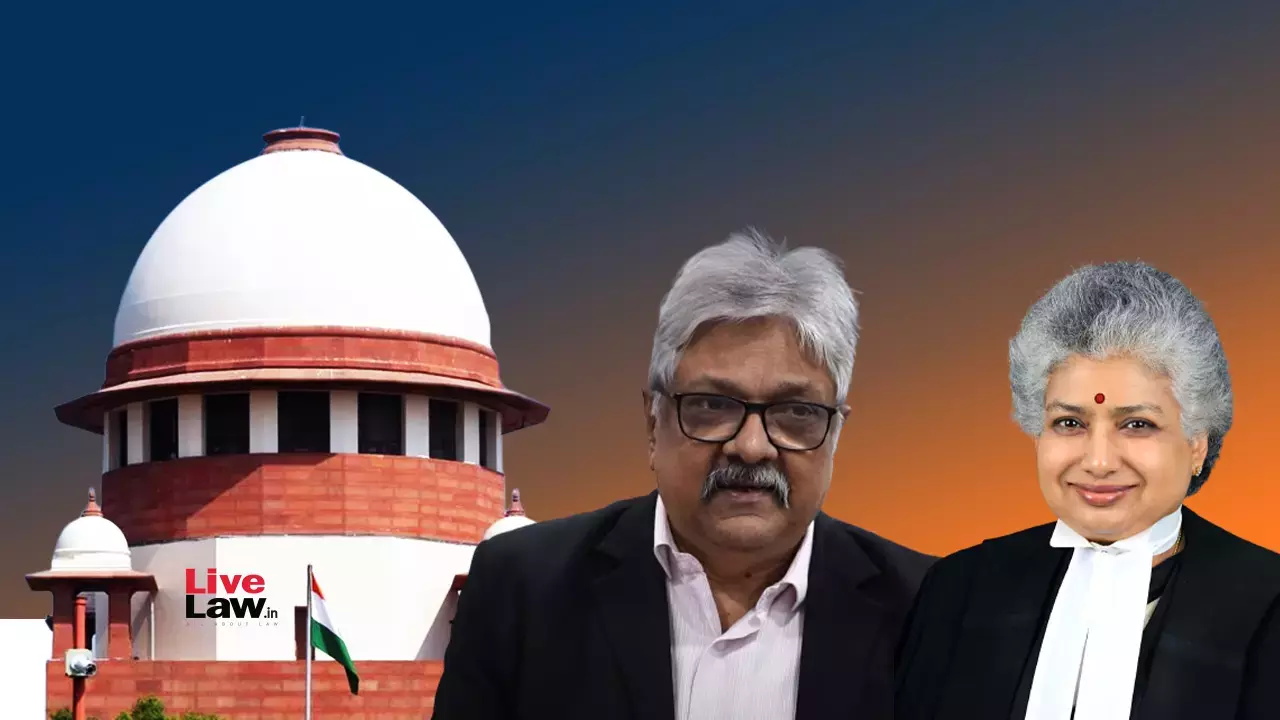Competition Act Applicable To Coal India Ltd : Supreme Court
Rintu Mariam Biju
15 Jun 2023 1:27 PM IST

Next Story
15 Jun 2023 1:27 PM IST
The Supreme Court today held that Coal India Ltd. would come under the purview of the Competition Act, 2002 despite being a Public Sector Undertaking. A Bench of Justices KM Joseph, BV Nagarathna and Ahsanuddin Amanullah delivered the judgement today. "We reject the appellant's contention that the Competition Act does not apply to them because of the Coal Mines (Nationalisation)...
